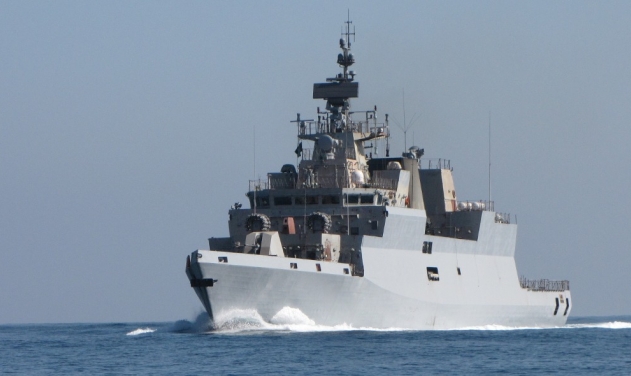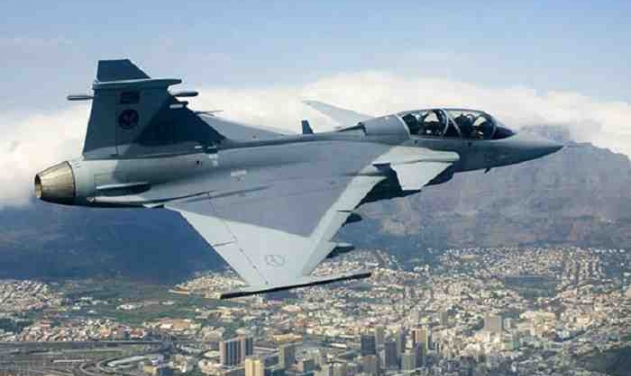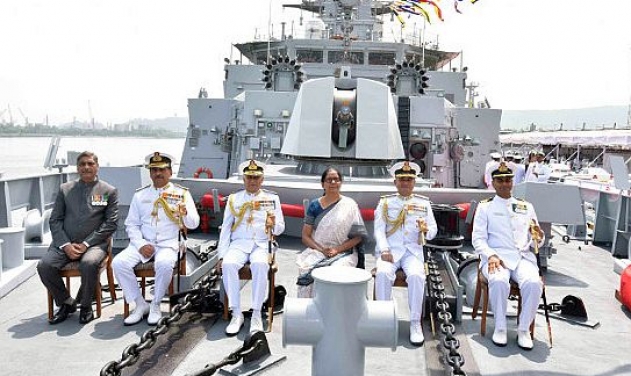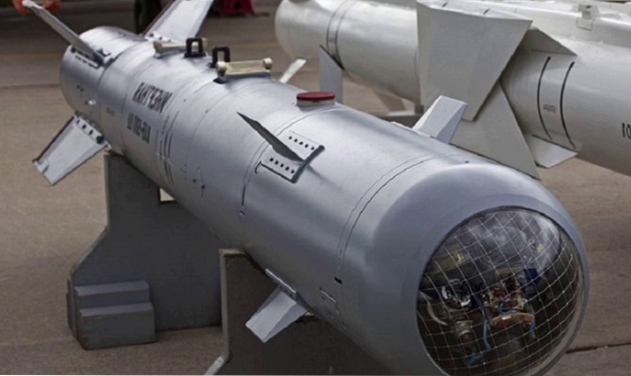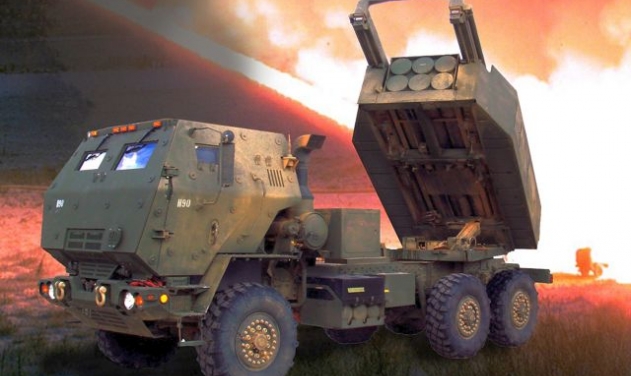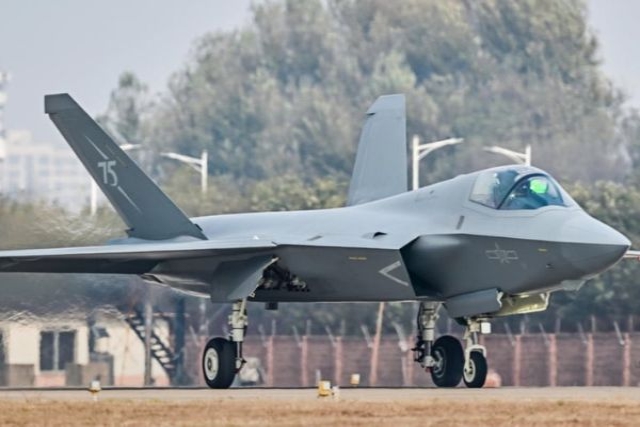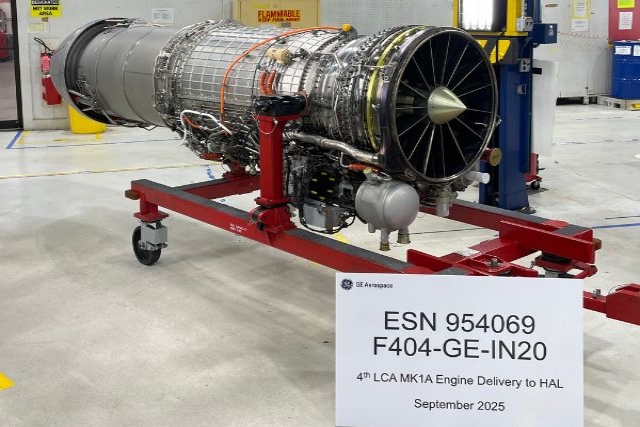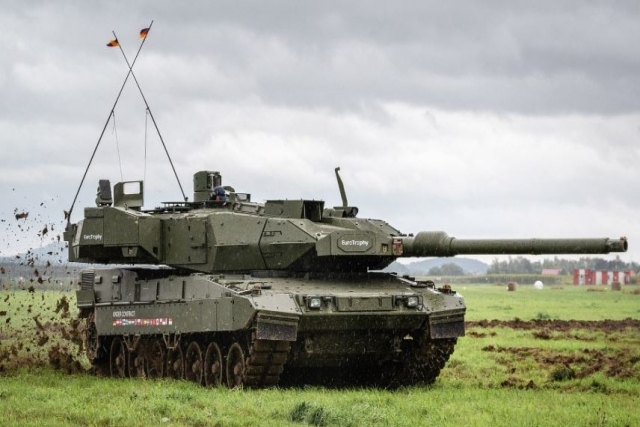India’s $10 Billion Single Engine Fighter Jet Deal Hits Roadblock
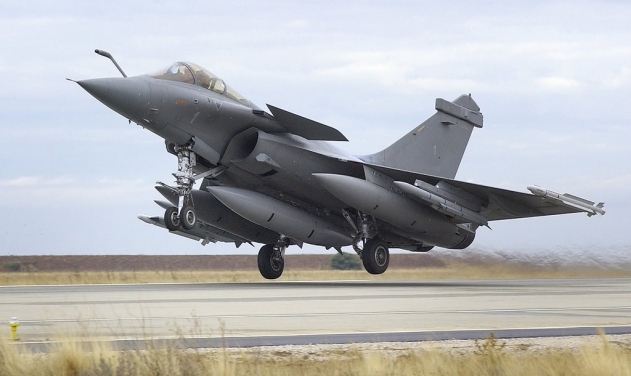
India’s $10 billion is believed to have hit a roadblock over contentious issues of transfer of technology (ToT) and equity participation even as negotiations for buying additional Rafale jets from French Dassault are underway.
The two main contenders for the deal — Lockheed Martin and SAAB — have made it clear to the Defence Ministry that they will not go in for a complete transfer of technology (ToT) with 49 per cent equity participation in the joint ventures that they have inked with their respective Indian partners Tata Advanced Defense Systems and Adani Group, BusinessLine quoted unnamed sources as saying Tuesday.
According to the defence foreign direct investment rules, a foreign Original Equipment Manufacturer (OEM) can invest more than 49 percent only with prior government approval. However, the fighter-jet deal has to be executed under the new ‘Strategic Partnership’ (SP) policy, and as per the norms laid out in this policy, it is the Indian entity that will have a controlling stake with 51 per cent, the news daily reported.
It was clear from day one that US wouldn’t part with critical technology to India. The critical technologies in question are integrated systems for active electronically scanned array radar, electro-optical targeting pod, infrared search and track and radio frequency jammer. It may be recalled the US had refused to part with these technologies for the South Korean K-FX aircraft, a derivative of the F-16 made by Korean Aerospace Industries in association with Lockheed Martin. South Korea is building its own fighter plane closely modelled along the F-16 with a number of crucial inputs coming from Lockheed Martin.
The issue of proprietary technology was also raised by US Secretary of State Rex Tillerson during his visit last month. He made it clear that ToT will come for a price.
These technologies form an important component of the F-16V fighter jet, the latest evolution of the world’s most successful war plane that has been offered to New Delhi. India had sought guarantee from US for technology transfer in case any US based company bids for fighter jet program under the ‘Make in India’ initiative in July this year.
It was certain by March this year that the production line would not be set up in India. Lockheed Martin started shifting production of its F-16 fighter jets to Greenville from its existing Fort Worth, Texas facility effectively burying its plans to move the production line to India.
In exchange for a large order of F-16 fighter aircraft from the Indian Air Force (IAF), Lockheed Martin had earlier offered to close its only assembly line in Fort Worth, USA and relocate it to India.
Saab has offered to design, develop, manufacture and maintain Gripen NG multi-role fighter aircraft in India through transfer of technology.
Saab has also set out a plan within India’s Make in India initiative, which will include transfer of technology; setting up of an aerospace eco-system in India, including a manufacturing facility; creation of a local supplier base; employment of a well-trained Indian workforce in engineering and manufacturing.
India has already informed the French that “not a single” Rafale will be bought in flyaway mode — they will be built in the Dhirubhai Ambani Aerospace Park, run by Reliance Aerospace Ltd and Dassault Aviation in the Mihan Special Economic Zone in Nagpur, the news daily quoted sources as saying.
